Years of development
Eyedetect was invented by a team of scientists in a university who took over 10 years to perfect the technology.
High Accuracy
Eyedetect now works with high accuracy rates of upto 91%
Used By Government
EyeDetect can be used for screening tests on general topics. It can also be used to for diagnostic (single issue) tests in criminal or civil cases.
Deception Detection
It’s a true integrity test and deception industry game changer.
What is eyedetect
It’s a next-generation lie detector
It’s a next-generation lie detector that measures slight changes in eye behaviours to detect lies. Get 91% accuracy with 30-minute screening tests or 15-minute diagnostic (single-issue) tests.
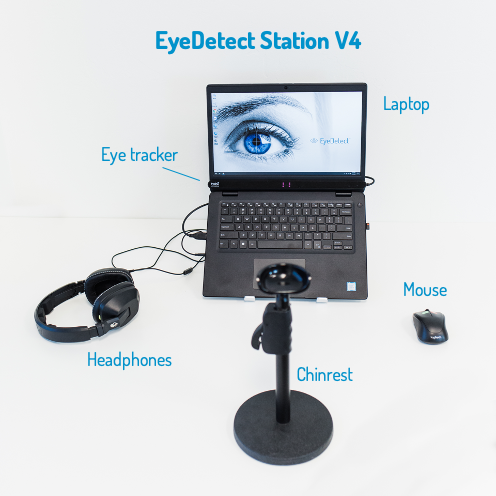
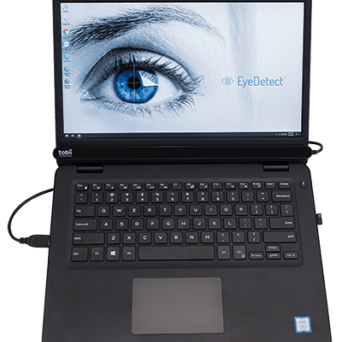
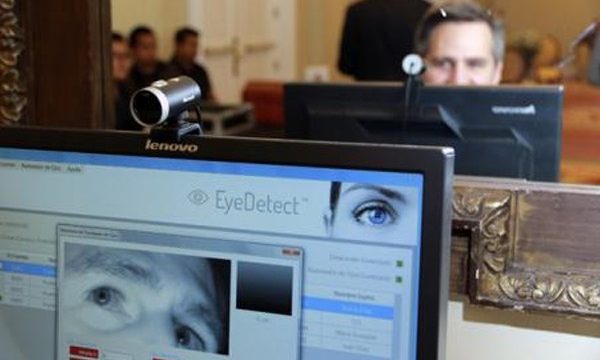
What does it do?
The award-winning EyeDetect technology accurately integrity tests job applicants, employees, patients, parolees, drug users, athletes, criminal suspects and others about specific
issues or crimes in just 15 to 30 minutes.
Why does it matter
When you need to find the truth, get a second opinion with EyeDetect and do a better job protecting against corruption and crime. Ask for the best integrity test.

What our clients say
Many of our clients are government agencies from around the world. Many naturally want the use of EyeDetect to remain discreet, some are able to share their insight and we can introduce agencies to each other.
“We only have good things to say about EyeDetect. It has saved us time and money.”

Lt J Hardee
Wyoming Highway Patrol
“EyeDetect is faster, easier, and we don’t run into inconclusive results. It’s so definitive.”
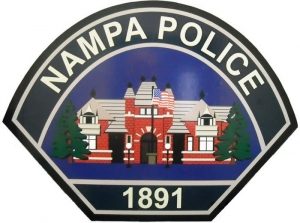
Detective M Palfreyman
Nampa Police Dept
“EyeDetect was utilised…with the test being focused on if any sexual contact with minors has occurred since he became an adult.”

Sexual Crimes Team Offiicial
Idaho Law Enforcement
Talk To Us, It will only take a minute.
Our Science team
Combining scientific acumen with technological savvy, the science team experts are the inventors behind EyeDetect, which enable customers worldwide to have trust in their workforce and to effectively measure credibility and identify those that commit crime.
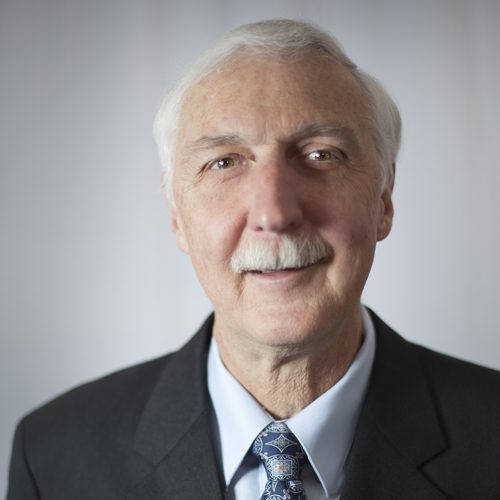
John C. Kircher, Ph.D.
Chief Scientist, Science Team
Dr. Kircher is a widely recognised expert in government and industry on the subject of deception detection. He has published more than 90 scientific publications and technical reports in the field of psychophysiological detection of deception.
Dr. Kircher earned his Ph.D. in psychology from the University of Utah.
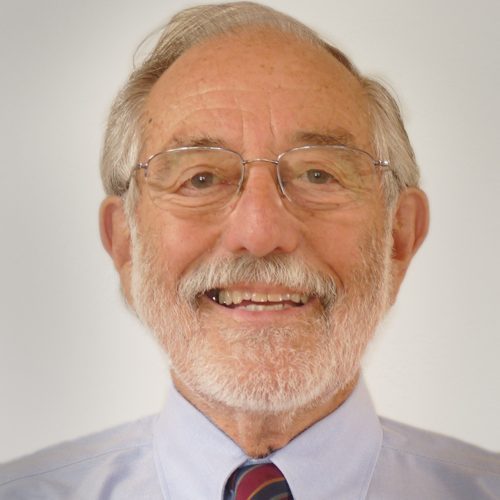
David C. Raskin, Ph.D.
Member, Science Team
Dr. Raskin has served on the faculties of UCLA, Michigan State, and the University of Utah. He has authored more than 150 scientific articles, chapters, books, and reports, including Scientific Methods in Criminal Investigation and Evidence and Credibility Assessment: Scientific Research and Applications published in 2014.
He earned his Ph.D. in psychology from UCLA.
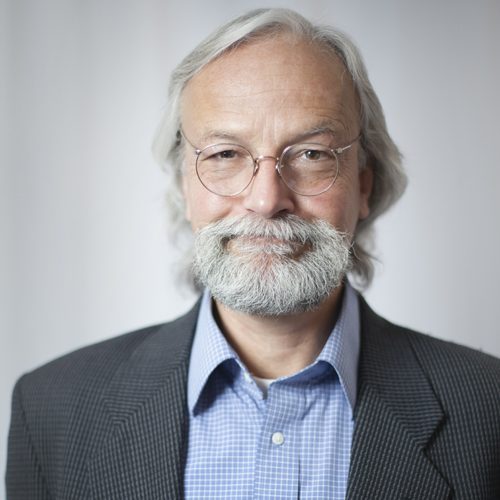
Douglas Hacker, Ph.D.
Member, Science Team
Dr. Hacker currently researches writing and reading comprehension processes, metacomprehension, detection of deception, metacognition, self-regulated learning, and school/program evaluation. His current research interests are focused on the investigation of the psychology of writing, and he has developed a new methodology for the study of writing that uses eye-tracking technology.
Dr. Hacker earned his Ph.D. in educational psychology from the University of Washington.

Anne Cook, Ph.D.
Member, Science Team
Dr. Cook conducts studies in the psychology of reading, using eye-tracking technology to investigate the memory and attention processes involved in reading comprehension. Although much of her research has investigated these processes in typically developed adult readers, she has also conducted studies on cognitive impairments in individuals with autism.
Anne holds a Ph.D. in cognitive psychology from the University of New Hampshire, a Master of Science in college teaching from University of New Hampshire, a Master of Arts in cognitive psychology from University of New Hampshire, and a Bachelor of Arts in psychology from Louisiana State University.
Reach Out for more information
Our clients all have differing needs, law enforcement, border control or agencies all have similar questions to our corporate clients. Reach out if you have some questions and we will be happy to talk.